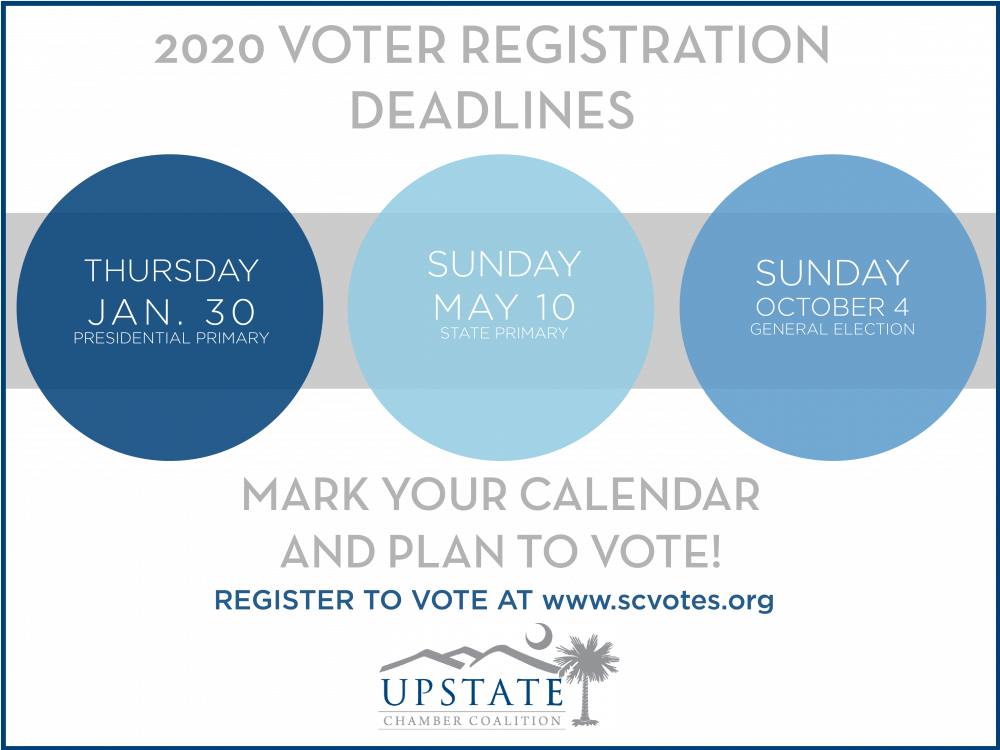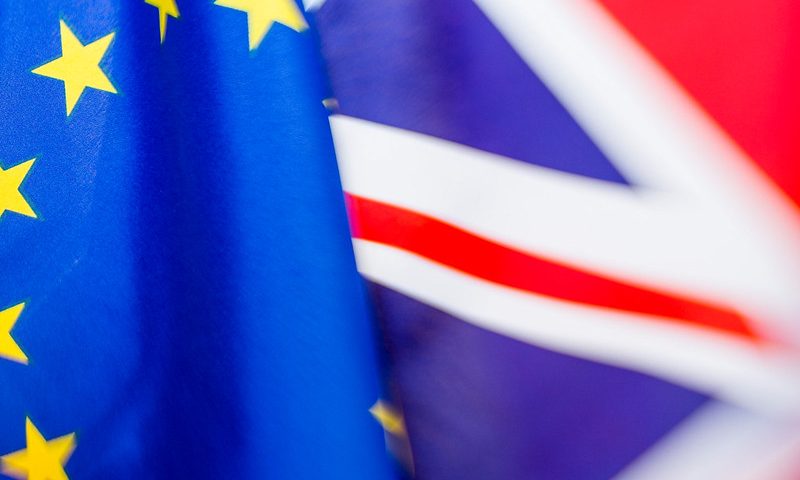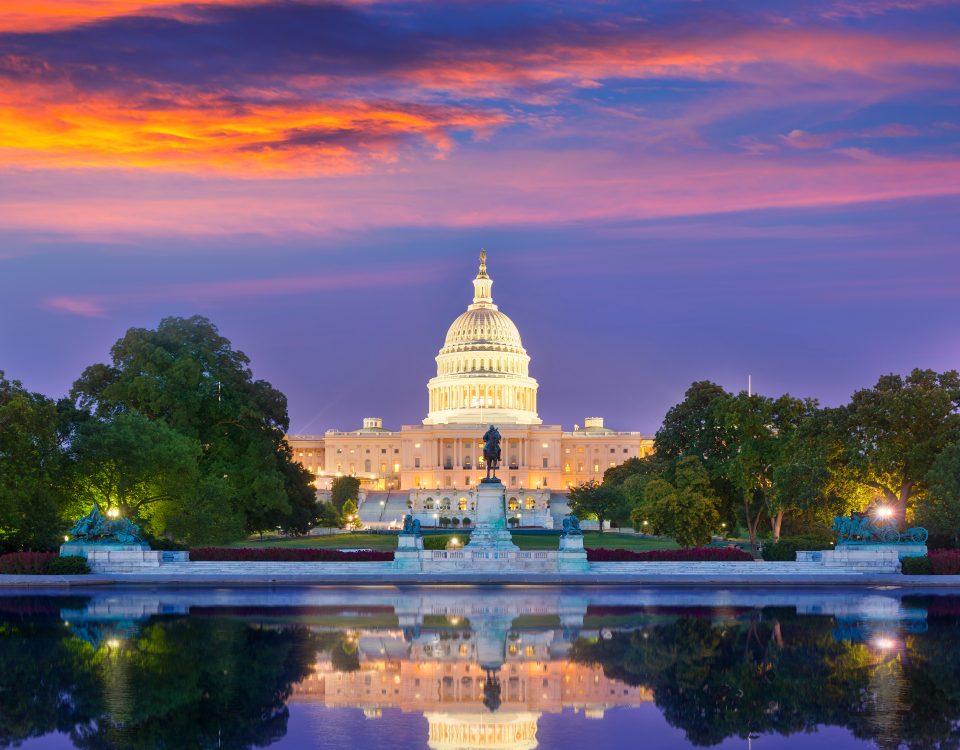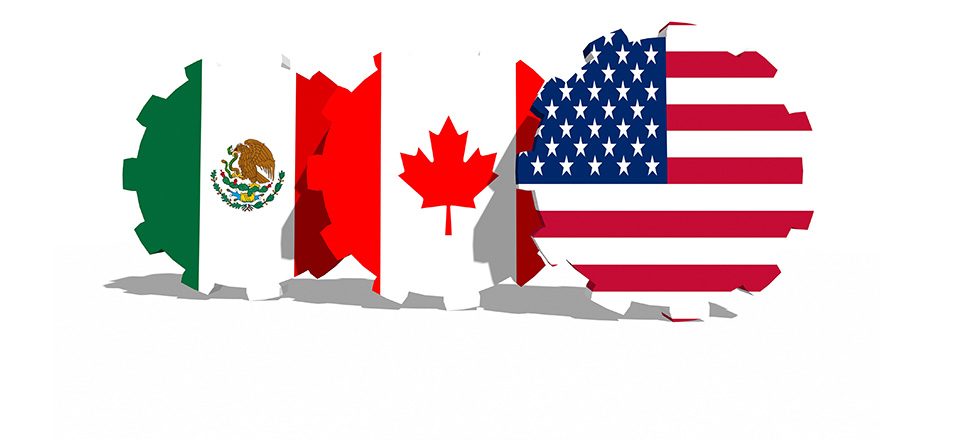
Voter Registration: January 30, 2020 Deadline
January 29, 2020
The Friday Five 1.31.20
January 31, 2020What Brexit Means Today

Today is the Brexit deadline… the day the United Kingdom formally leaves the European Union. We had the opportunity to meet with the then-British Brexit Ambassador to the United States last summer. Mrs. Hall Hall gave us a great primer into Brexit and what it means. This week, we had the opportunity to check back in with the British Consulate in Atlanta to see what Brexit might mean to the Upstate. First, a little background:
What is Brexit?
The United Kingdom held a referendum in June 2016, when 17.4 million people voted for the United Kingdom to leave the European Union. The “leave” side won 52% to 48%. In hindsight, the Brexit vote is considered to be the canary in the coal mine that kicked off populist moments across the West.
What is the European Union?
The European Union is an economic and political union of 28 countries. It allows free trade between the countries and free movement of people amongst the EU countries. For the United States, it means one set of policies for trade, travel, and immigration. The United Kingdom joined in 1973 and will be the first state to withdraw. The Upstate has deep EU connections with some of our biggest corporate citizens — namely Michelin and BMW — from EU countries.
What happens after Brexit day?
After today, there is still a lot of negotiation. There will be an 11-month transition period that will end at the end of the year. During that time, a number of major decisions about the future relationship still need to be resolved — tariffs and trade, immigration, information technology, banking, etc.
What does it mean for my travel to Britain?
If you’re traveling to the United Kingdom, British officials say there shouldn’t be any changes for Americans. If you’re traveling through the EU to England, there still shouldn’t be any changes. Because of changes with how EU citizens may enter Britain, there could be longer lines at customs and passport control, but no substantive changes should be expected.
What does it mean for my business?
Tariff levels for any goods exported to the United Kingdom should be lower as the revert to WTO norms. Things will be changing, but in a broad sense, most experts think it should be a net positive for Americans trading with the United Kingdom. One caveat: There are significant issues that still need to be decided about the border of Ireland (EU) and Northern Ireland (UK). If your company has goods or services that cross that border, you need to speak to locals on the ground for more specific advice.
We’d obviously advise you to check with your trade consultants or international attorneys on your specific case. If you need resources, please contact us and we can put you in touch with organizations, including the Department of Commerce, British Consulate, and the Upstate Alliance, that may be able to assist.
What’s in the future?
President Trump and Prime Minister Johnson have already talked about a free trade agreement between the US and UK — similar to the USMCA (or NAFTA). Officials said this week they hoped to have something negotiated this year. One possible hangup might be the UK’s announcement this week that they would let Chinese tech giant Huawei to help build out the nation’s 5G system — at odds with US government pressure. That is a trade hiccup to discuss another time.
The Bottom Line?
There shouldn’t be much change for most Americans, including for anyone importing or exporting from Britain. However, we once again urge you to contact attorneys or trade consultants who can give you specific advice for your situation. If you need help finding someone to help, please contact us.



